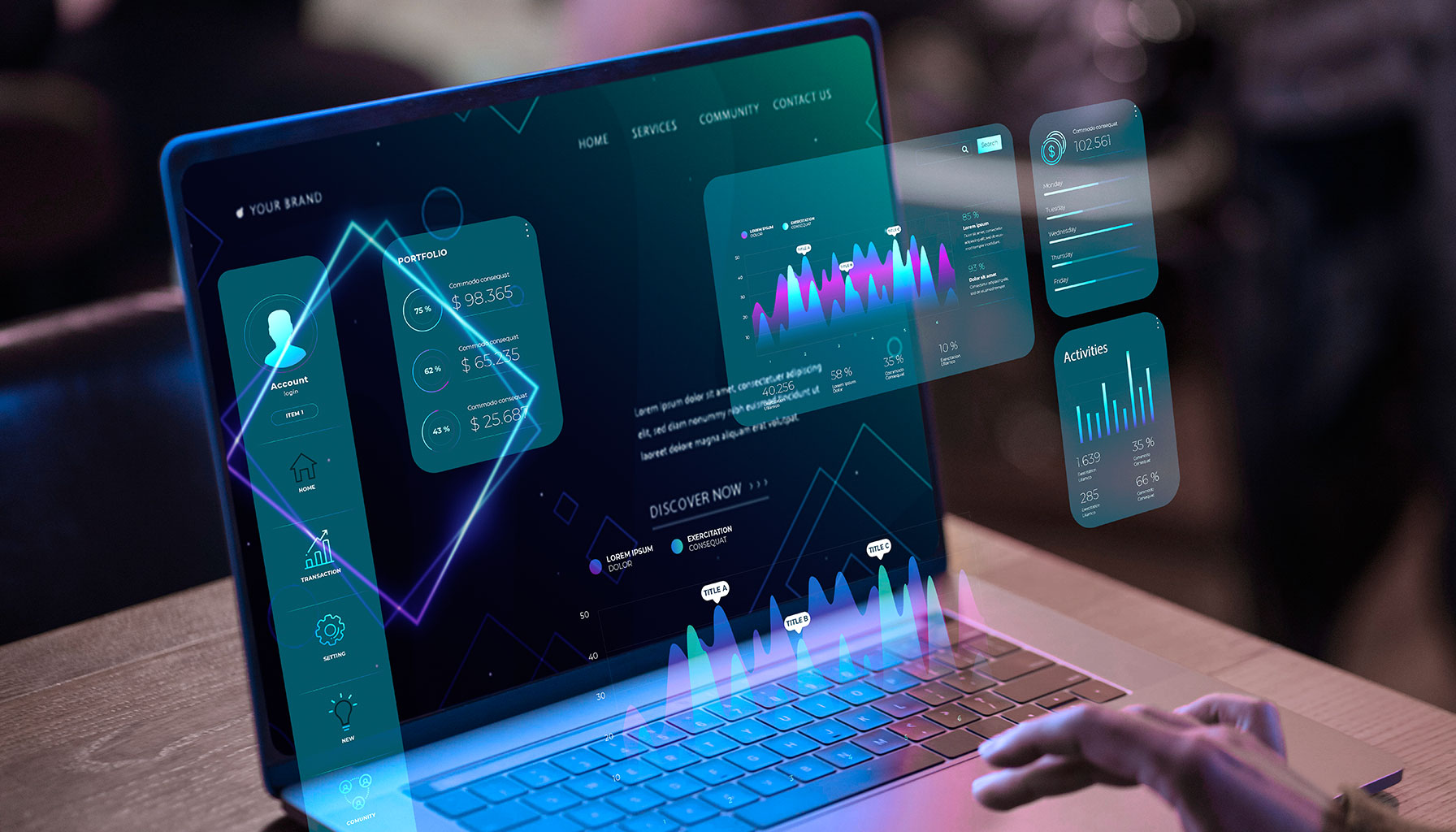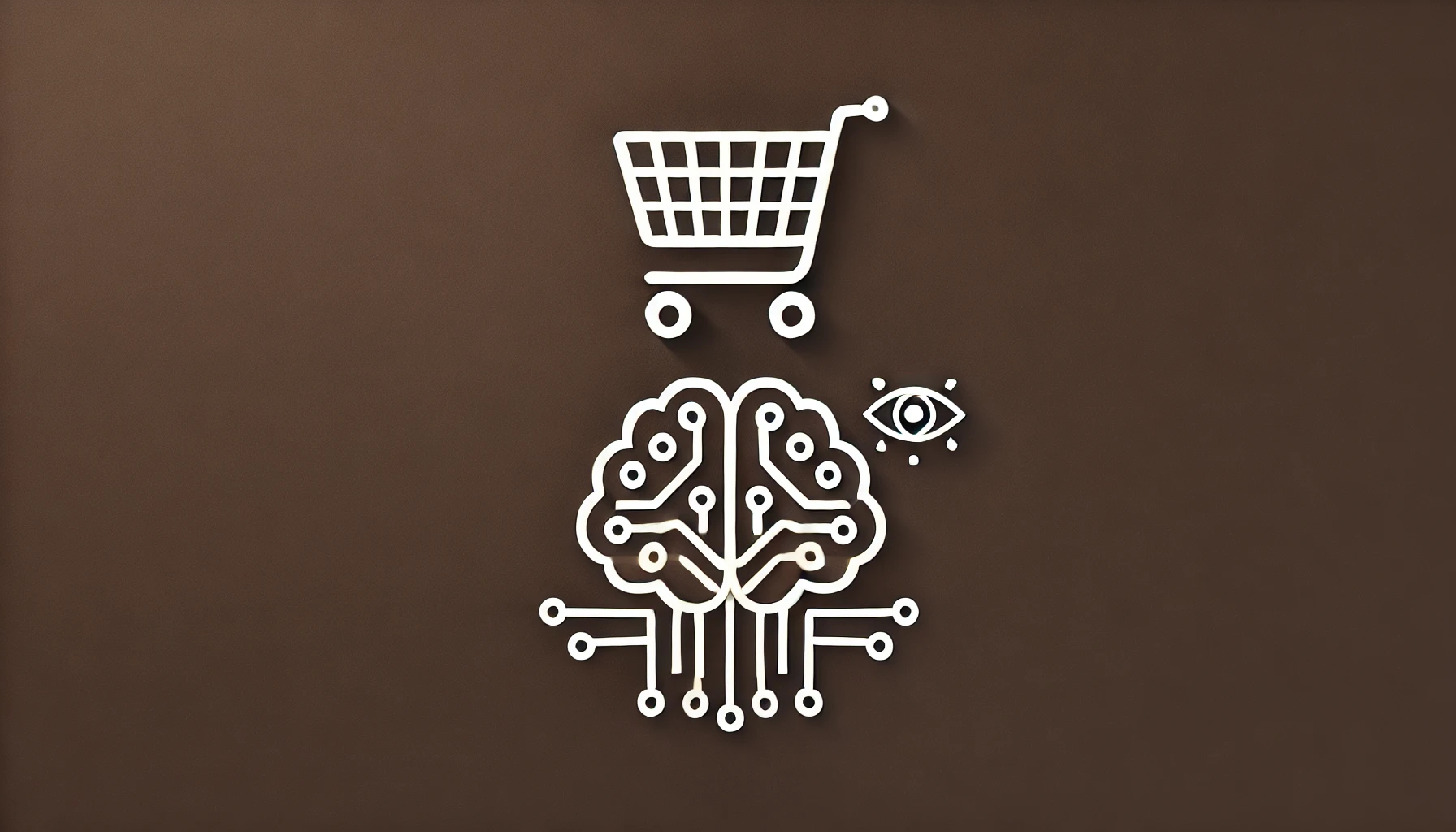“Just Google it.”
That phrase has defined how we access information for over two decades. But what if the way we “Google” is about to change forever?
With the unveiling of its new ‘A.I. Mode’ chatbot, Google is stepping into uncharted territory. This isn’t just a minor update—it’s a fundamental shift in how we search, learn, and interact with the digital world.
This is the dawn of conversational search. And yes, it means we’re finally saying goodbye to awkward keyword combinations and hello to real, human-like conversations with Google.
The Problem With Traditional Search
Let’s face it—searching on Google hasn’t always been intuitive.
We’ve all done it: typing out choppy phrases like
“best time visit Japan budget trip”
or
iPhone 13 screen not working fix
Why? Because we’ve been conditioned to think like a search engine.
We’ve optimized our questions for Google, rather than expecting Google to understand us. That’s about to change.
What Is Google’s ‘A.I. Mode’?
‘A.I. Mode’ is Google’s bold answer to the rise of intelligent, conversational tools like ChatGPT. It integrates a chatbot-style interface right into Google Search—allowing you to interact with Google in a more natural, flowing way.
Instead of typing isolated keywords, you can now ask full questions, describe problems in detail, and get dialogue-based answers—not just a wall of links.
Imagine this:
Old Way: “flights Paris May cheap”
New Way: “Can you help me find affordable flights to Paris in May, ideally under $600?”
Now, Google might respond with:
“Sure! Based on current deals, flying mid-week can save you money. Here are some flights under $600 from your location. Want hotel recommendations too?”
That’s not search. That’s a conversation.
How It Works Behind the Scenes
Google’s A.I. Mode is powered by large language models—advanced algorithms trained on vast amounts of data that can understand, generate, and refine human language.
Here’s what sets it apart:
-
Context Awareness: It understands the flow of a conversation, not just isolated questions.
-
Personalization: It tailors responses based on your search history, preferences, and real-time inputs.
-
Synthesis of Information: It pulls insights from multiple sources and packages them into one coherent, user-friendly answer.
In short, it behaves less like a database, and more like a smart assistant.
Why This Is a Big Deal
This isn’t just an update. It’s a paradigm shift. Here’s why it matters:
1. It’s More Natural
No need to “speak Google.” Just speak like a human, and the chatbot will do the rest.
2. It’s More Efficient
Get summarized answers instantly, without clicking through five different websites.
3. It’s More Helpful
Need product comparisons, trip ideas, medical info, or tutorials? Google will now “talk it through” with you.
Will Classic Search Disappear?
Not immediately. Google will likely offer hybrid search experiences:
-
A traditional search layout for quick results and navigation
-
An optional chatbot experience for deeper, more complex queries
Think of it like switching between “Search Mode” and “Smart Assistant Mode.” Users will have the freedom to choose the experience that fits the moment.
What This Means for Content Creators and SEO
If you’re a blogger, marketer, or business owner, this shift has major implications:
The Focus Moves From Keywords to Quality
Google’s A.I. will prioritize well-written, informative content that answers questions directly over keyword-stuffed pages.
Structured Data Is More Important Than Ever
Use headings, FAQs, tables, and summaries—this helps A.I. understand and pull data effectively.
Conversational Optimization Is the Future
Write as if you’re answering a customer’s question in person. Make your content human, friendly, and clear.
The Bigger Picture: A More Human Internet
Google’s A.I. Mode reflects a wider trend across the tech world: users want experiences that feel natural, personal, and intelligent.
Whether it’s talking to Alexa, asking ChatGPT for career advice, or planning a vacation with Google’s chatbot—the days of robotic interaction are over.
We’re heading toward an internet that doesn’t just store information—it understands it. And us.
Final Thoughts: The Beginning of a New Chapter
Google’s A.I. Mode is still evolving, and we’re only scratching the surface of its potential. But one thing is clear:
We’re not searching anymore—we’re conversing.
And that opens up a world of exciting, intuitive possibilities.
So next time you fire up Google, try talking to it like you would to a friend.
You might be surprised at how smart—and human—it sounds.
What’s Your Take?
Are you excited about Google’s A.I. Mode? Do you think it will help or hurt content creators and businesses? Share your thoughts in the comments below!




